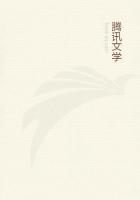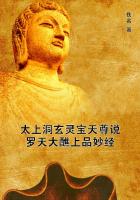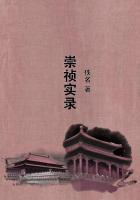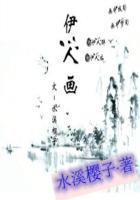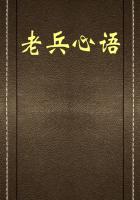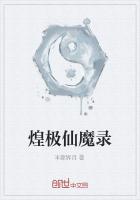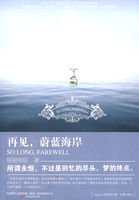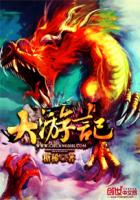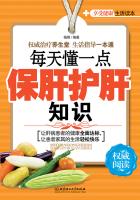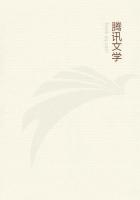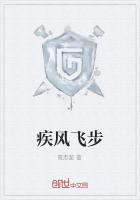The order of impressions retained by memory might naturally be that of color and taste, although one would rather suppose that the sense of pain would be first to educate. In fact, the third recollection of the child was that of discomfort. The moment he could be removed, he was bundled up in blankets and carried from the little house in Hancock Avenue to a larger one which his parents were to occupy for the rest of their lives in the neighboring Mount Vernon Street. The season was midwinter, January 10, 1842, and he never forgot his acute distress for want of air under his blankets, or the noises of moving furniture.
As a means of variation from a normal type, sickness in childhood ought to have a certain value not to be classed under any fitness or unfitness of natural selection; and especially scarlet fever affected boys seriously, both physically and in character, though they might through life puzzle themselves to decide whether it had fitted or unfitted them for success; but this fever of Henry Adams took greater and greater importance in his eyes, from the point of view of education, the longer he lived. At first, the effect was physical. He fell behind his brothers two or three inches in height, and proportionally in bone and weight. His character and processes of mind seemed to share in this fining-down process of scale. He was not good in a fight, and his nerves were more delicate than boys' nerves ought to be. He exaggerated these weaknesses as he grew older. The habit of doubt; of distrusting his own judgment and of totally rejecting the judgment of the world; the tendency to regard every question as open; the hesitation to act except as a choice of evils; the shirking of responsibility; the love of line, form, quality; the horror of ennui; the passion for companionship and the antipathy to society -- all these are well-known qualities of New England character in no way peculiar to individuals but in this instance they seemed to be stimulated by the fever, and Henry Adams could never make up his mind whether, on the whole, the change of character was morbid or healthy, good or bad for his purpose. His brothers were the type; he was the variation.
As far as the boy knew, the sickness did not affect him at all, and he grew up in excellent health, bodily and mental, taking life as it was given; accepting its local standards without a dificulty, and enjoying much of it as keenly as any other boy of his age. He seemed to himself quite normal, and his companions seemed always to think him so. Whatever was peculiar about him was education, not character, and came to him, directly and indirectly, as the result of that eighteenth-century inheritance which he took with his name.
The atmosphere of education in which he lived was colonial, revolutionary, almost Cromwellian, as though he were steeped, from his greatest grandmother's birth, in the odor of political crime. Resistance to something was the law of New England nature; the boy looked out on the world with the instinct of resistance; for numberless generations his predecessors had viewed the world chiefly as a thing to be reformed, filled with evil forces to be abolished, and they saw no reason to suppose that they had wholly succeeded in the abolition; the duty was unchanged. That duty implied not only resistance to evil, but hatred of it. Boys naturally look on all force as an enemy, and generally find it so, but the New Englander, whether boy or man, in his long struggle with a stingy or hostile universe, had learned also to love the pleasure of hating; his joys were few.
Politics, as a practice, whatever its professions, had always been the systematic organization of hatreds, and Massachusetts politics had been as harsh as the climate. The chief charm of New England was harshness of contrasts and extremes of sensibility -- a cold that froze the blood, and a heat that boiled it -- so that the pleasure of hating -- one's self if no better victim offered -- was not its rarest amusement; but the charm was a true and natural child of the soil, not a cultivated weed of the ancients. The violence of the contrast was real and made the strongest motive of education. The double exterior nature gave life its relative values. Winter and summer, cold and heat, town and country, force and freedom, marked two modes of life and thought, balanced like lobes of the brain.
Town was winter confinement, school, rule, discipline; straight, gloomy streets, piled with six feet of snow in the middle; frosts that made the snow sing under wheels or runners; thaws when the streets became dangerous to cross; society of uncles, aunts, and cousins who expected children to behave themselves, and who were not always gratified; above all else, winter represented the desire to escape and go free. Town was restraint, law, unity. Country, only seven miles away, was liberty, diversity, outlawry, the endless delight of mere sense impressions given by nature for nothing, and breathed by boys without knowing it.
Boys are wild animals, rich in the treasures of sense, but the New England boy had a wider range of emotions than boys of more equable climates. He felt his nature crudely, as it was meant. To the boy Henry Adams, summer was drunken. Among senses, smell was the strongest -- smell of hot pine-woods and sweet-fern in the scorching summer noon; of new-mown hay; of ploughed earth; of box hedges; of peaches, lilacs, syringas; of stables, barns, cow-yards; of salt water and low tide on the marshes; nothing came amiss.

